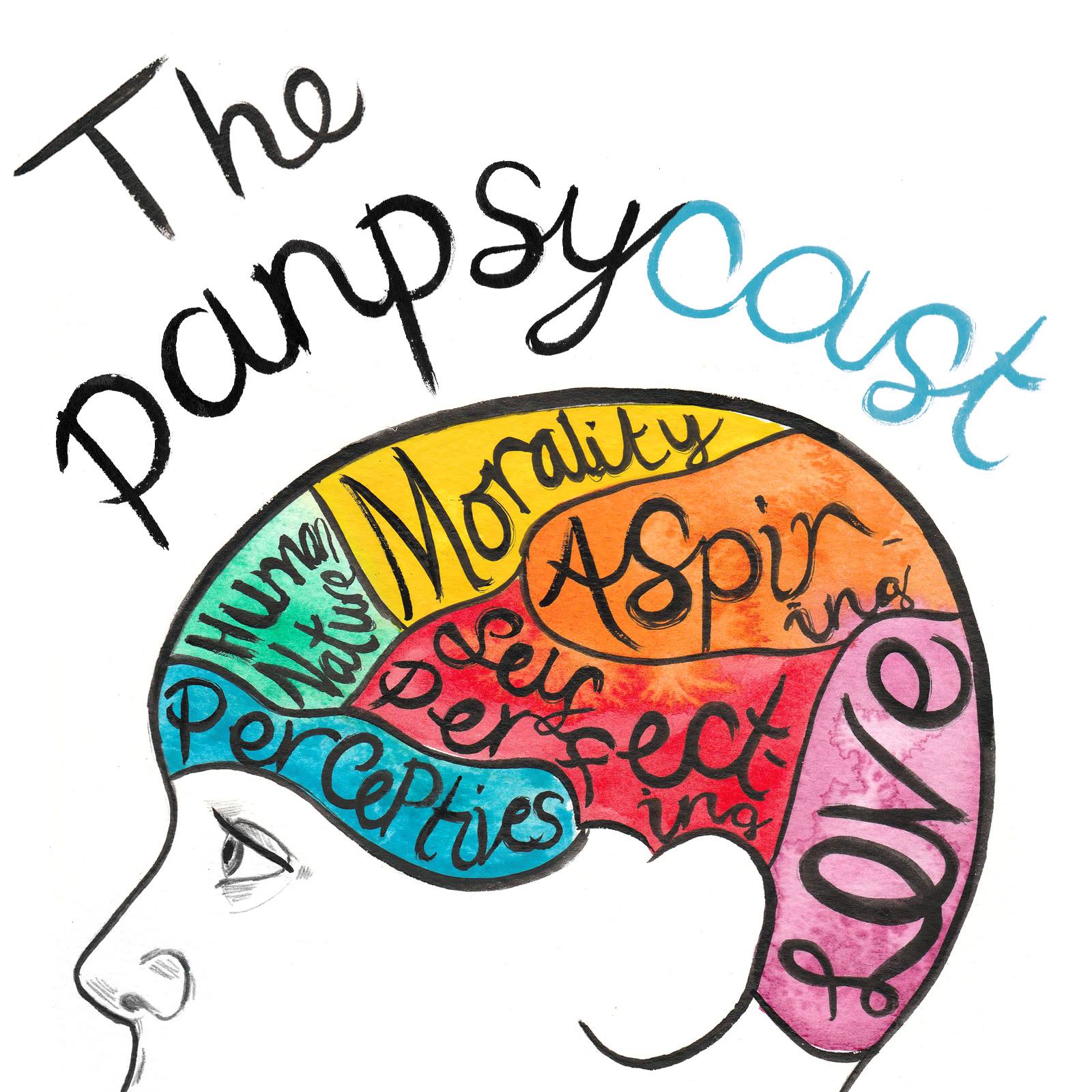Welcome to 'Episode 66 (Part IV of IV)', where we'll be engaging some further analysis and discussion.
No book can teach you how to tame the raging river of fortune, for it has many plans contrary to ambitious minds. Yet to submit powerlessly to fate with lamentation, as if God has not instilled you with freedom of the will, is a sign of disrespect and the ultimate folly of our kind. For the river splits into many paths and those that appear to drag us towards the abyss, may, in the end, lead us to glory if only we persist in our efforts.
That is not to say that fortune always favours the brave. The acts of life should be understood as drama rather than science, and sometimes the heroes lose. Nevertheless, if it just so happens that you wish to play the role of the Prince or Princess, and be responsible for guiding others to a better future, there is wisdom you can learn from your time and through history to aid your cause.
Before we go any further, however, I must warn you that the practicalities of ruling come with demands that are not for the faint-of-heart. Human nature dictates that at times, you will need to adopt the methods of the Fox and the Lion.
You must be like the Fox in order to spot the traps laid by those who wish to see you fail and you must be like the Lion so that those same people will never try too hard for fear of the repercussions.
This might sound harsh, but let me remind you that the road to hell is often pathed with good intentions and that sometimes to be good you must learn… to be cruel.
The file size is large, please be patient whilst the podcast buffers/downloads/seeks power and gloryThis episode is sponsored by Rachel Poulton’s The Little Book of Philosophy.
For more information about the book, please click the following link: https://tinyurl.com/y4csq4no.
Contents
Part I. Life and Context
Part II. The Prince
Part III. Machiavellianism Today
Part IV. Further Analysis and Discussion
Links
Niccolò Machiavelli, The Prince (Amazon).
Niccolò Machiavelli, The Discourses on Livy (Amazon).
Quentin Skinner, Machiavelli: A Very Short Introduction (Amazon).
Erica Benner, Be Like the Fox (Amazon).
The Great Courses, Machiavelli in Context (Audible).
Alan Ryan, On Politics (Amazon).
Cary J. Nedermand, Machiavelli: A Beginner's Guide (Amazon).
Dick Morris, New Prince: Machiavelli Updated for the Twenty-First Century (Amazon).



